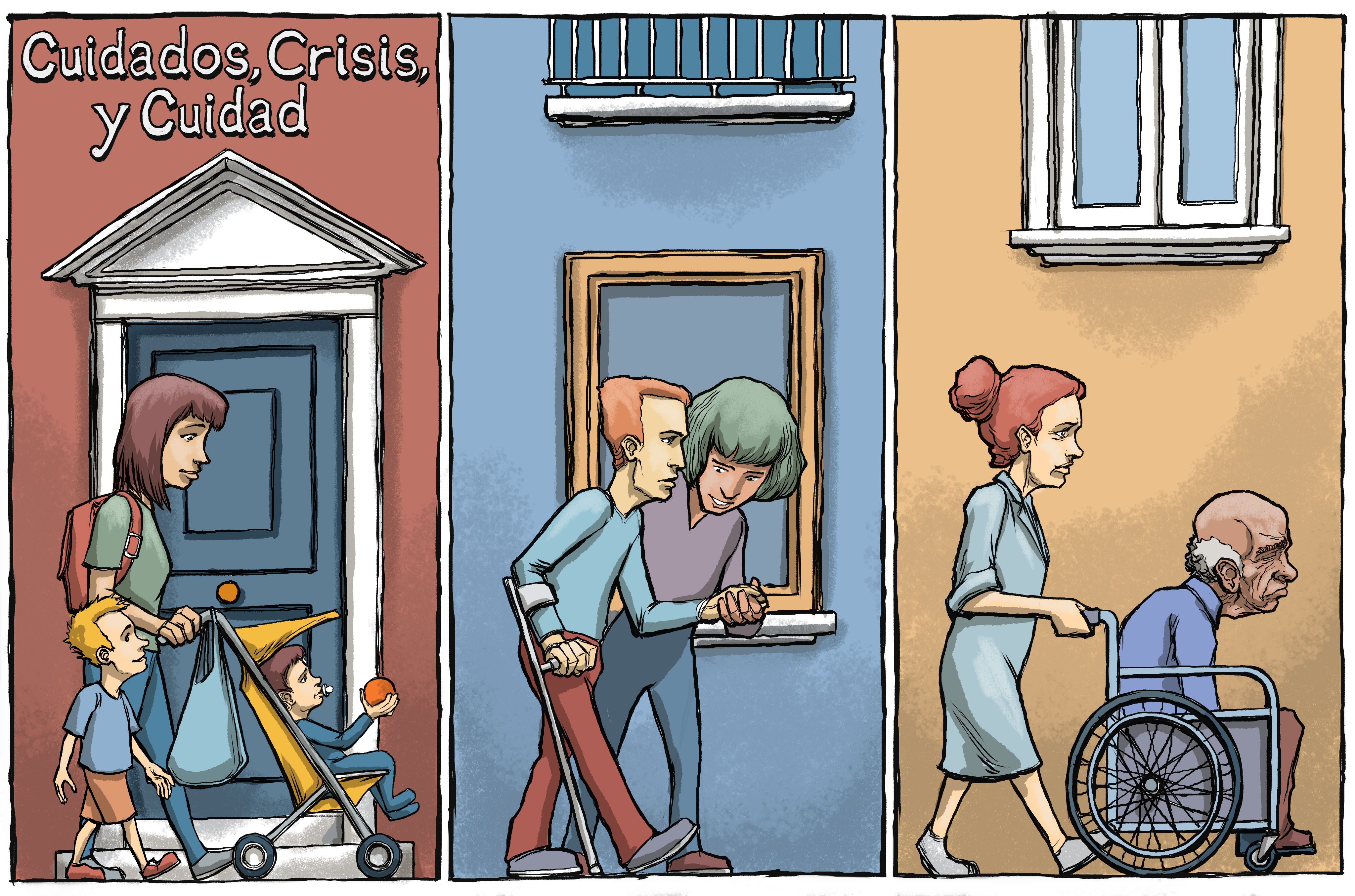Piura, Tacna and Iquique. Adaptation experiences in neighborhood public spaces in times of Covid-19
DOI:
https://doi.org/10.7764/plan.048.103Keywords:
COVID-19, Adaptation strategies, Public spaceAbstract
Cities are experiencing an important socio-spatial transformation process, which has increased during the COVID-19 pandemic. A global phenomenon, which is affecting the way we live and how our public spaces are serving the unique needs of our communities. Three main questions guide the objective of the work: How has the use of public space in neighborhoods changed? Are there things we are doing now that will become part of the "new normal"? What can we learn from the use of public spaces during the crisis for a better urban future? The work methodology was based on empirical data from case studies, collecting information through questionnaires and in-situ observations in the study neighborhoods of three cities: Piura, Tacna and Iquique. The results show similarities and particularities, both in terms of daily public life during the quarantine due to covid-19, as well as in spatial aspects depending on the socio-economic conditions of the study places. In this sense, reflecting the transformations of daily life in the public spaces of the different cities, considering the social assets of the inhabitants, can provide adequate responses for the reconfiguration of the post-pandemic neighborhood.
Downloads
Downloads
Published
How to Cite
Issue
Section
License
Copyright (c) 2023 REVISTA PLANEO

This work is licensed under a Creative Commons Attribution-NonCommercial-ShareAlike 4.0 International License.


